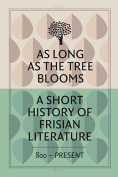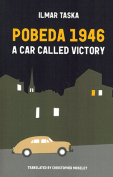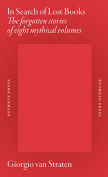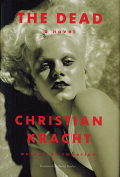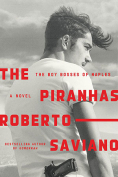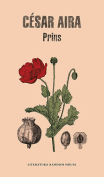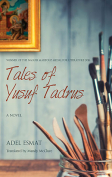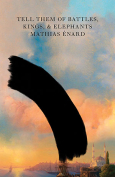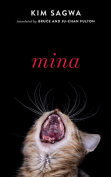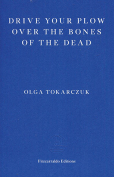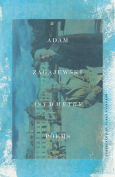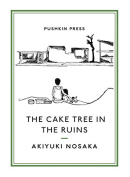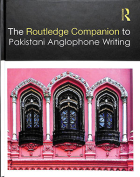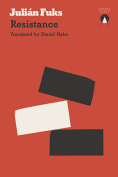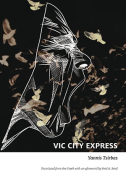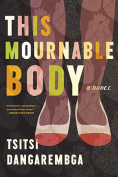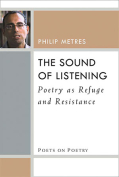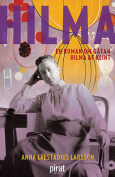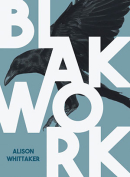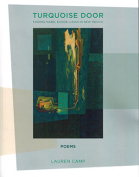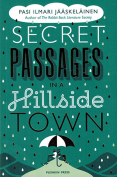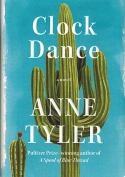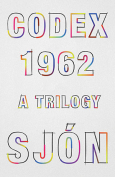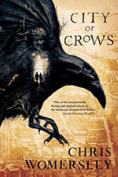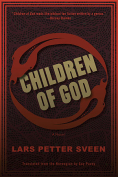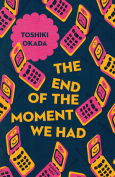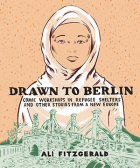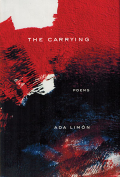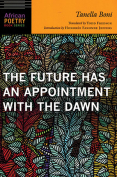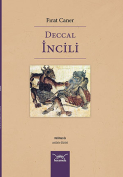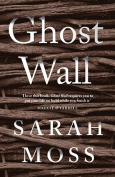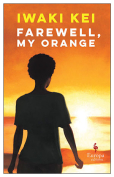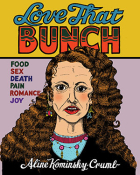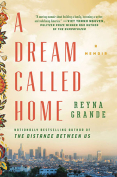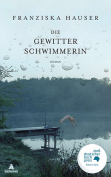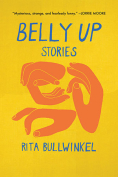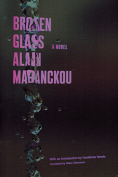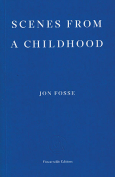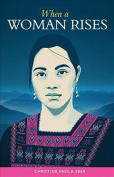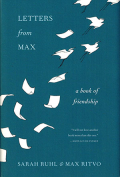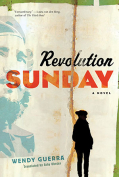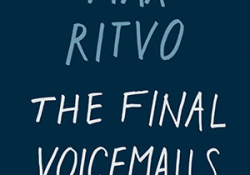Letters from Max: A Book of Friendship by Sarah Ruhl & Max Ritvo
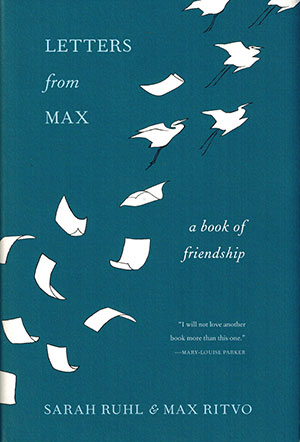 Minneapolis. Milkweed Editions. 2018. 336 pages.
Minneapolis. Milkweed Editions. 2018. 336 pages.
Throughout this book of letters, accomplished playwright Sarah Ruhl reminds us that her friend and student, Max Ritvo, wanted to be remembered for his poems. But during a reading for Poetry magazine in July 2016, Ritvo himself admitted that “the poems only make sense in part because they were written by a dying twenty-five-year-old.”
Whether or not readers are familiar with these circumstances before picking up Letters from Max, we learn early on that the entire book is underpinned by a very particular kind of urgency. The fact of Ritvo’s illness (a years-long struggle with Ewing’s sarcoma), while never foregrounded in the vivid and uncanny poetry throughout these letters, sets the stage for a beautiful, grounded, and intensely abbreviated search for meaning.
I, too, spent much of adolescence teetering and pumped full of poison. I was concerned in writing this review that my intimate knowledge of adolescent cancer might somehow cloud my ability to portray the book in its own, unaltered light. My error was in assuming that any light is unaltered by those that stand within it, and the readers of this book are invited in early and repeatedly. It’s as if both Ruhl and Ritvo understood too well the urgent pull and hesitation that comes with being a part of such intensity.
Early on, the conversations begin to shift and refract at speeds that assume deep familiarity and a radical level of trust. Even in moments when a reader less well versed in Hume and Wittgenstein might get lost, we’re carried by the buoyancy and excitement for language and life that these authors shared; a remarkable sense that we’ve been invited into some shaking, jeweled center: “You complimented my ear. Nobody ever compliments my ear. Secretly, I am very proud of my ear. Everything in my life, the fabric of my life itself, is dissolving. You are not. Maybe I am not? That’s what your letter meant to me.”
The poetry Ruhl shares with Ritvo is sparse and limber, playful and unafraid in a way that made me wish the book came with an access code that could transport me into the audience of her plays. To sense just how directly and how often these two artists influenced each other, it was difficult not to want more of Ruhl’s living work.
In the midst of mothering, writing, and clinical trials, Ruhl and Ritvo take the reader deep into some of the most challenging questions we face as human beings. Ritvo’s instant vulnerability is catching. They both express, in numerous ways, that neither of them knows anything for sure but love. The sanguinity of this shared understanding is beautifully tempered by undisguised honesty, necessary humor, and an urgent spiritual playfulness. “What if the soul is no more than the success with which we envision one another? What if you make me and I make you, and we need each other to make each other? Couldn’t that be beautiful? Maybe our impermanence makes our love all the fiercer—since we are each other’s gods or artists. And we only get to be for as long as we—in particular—love one another?”
Reading these letters is a crash course in the marriage of devastation and revival; rehearsals, rebuttals, and the interruptions of illness (Ritvo’s own and the perpetual colds and flus of Ruhl and her young children) in a wonderfully endless search for spiritual understanding. “Understanding is play for me,” said Ritvo, in contemplating an unknowable afterlife, “the game of understanding is always changing its own rules,” which, to Ritvo, meant we could keep playing forever.
Bailey Hoffner
University of Oklahoma

